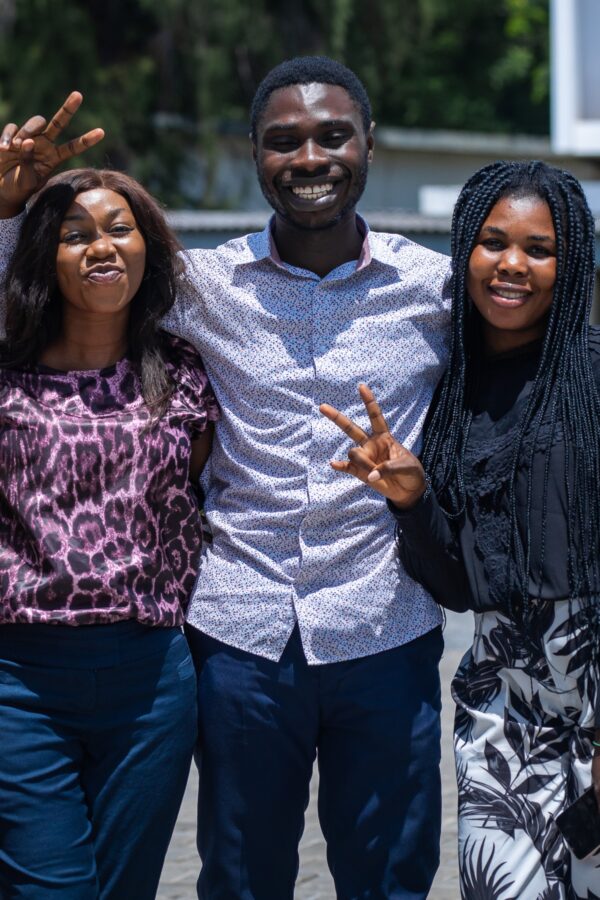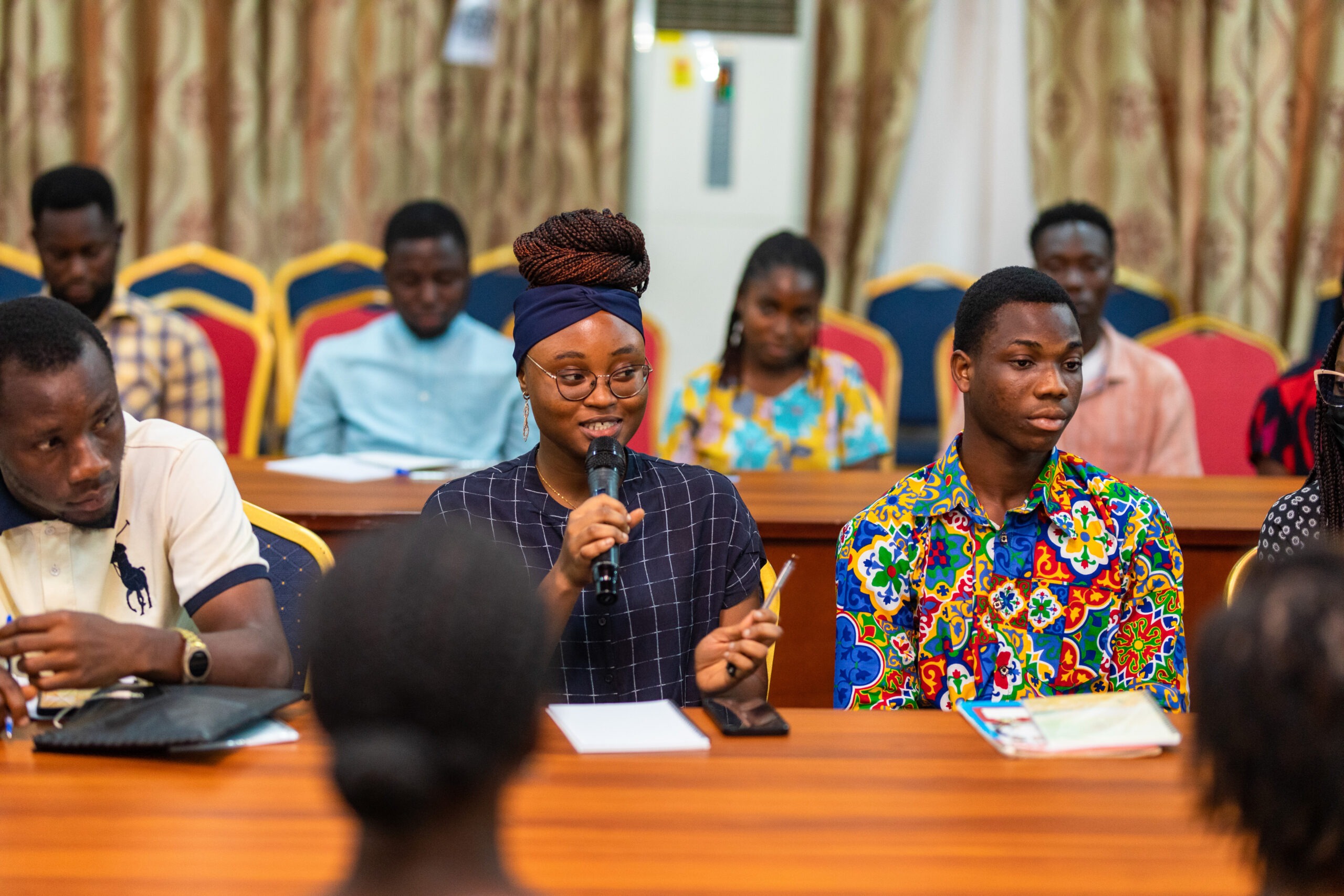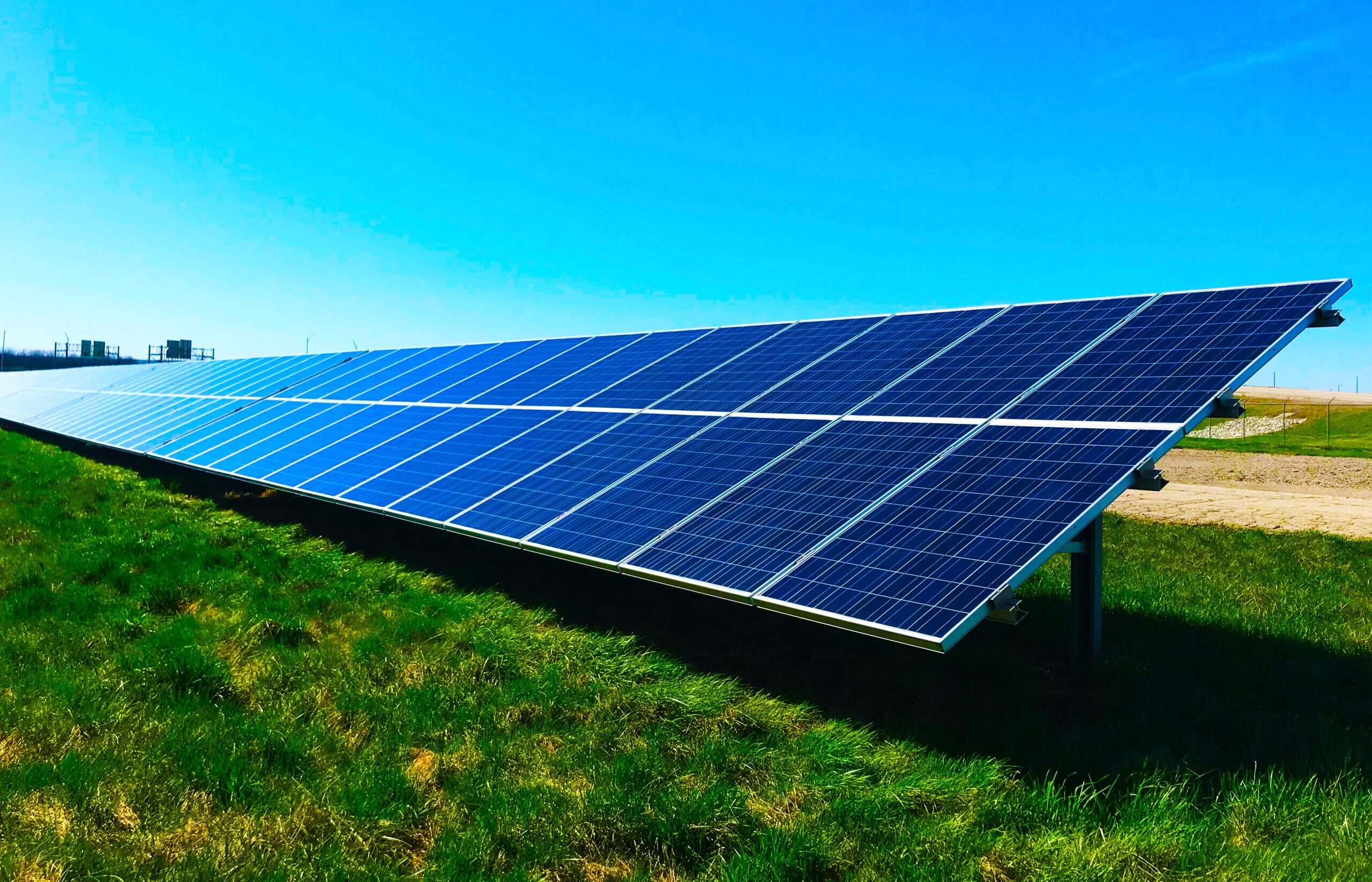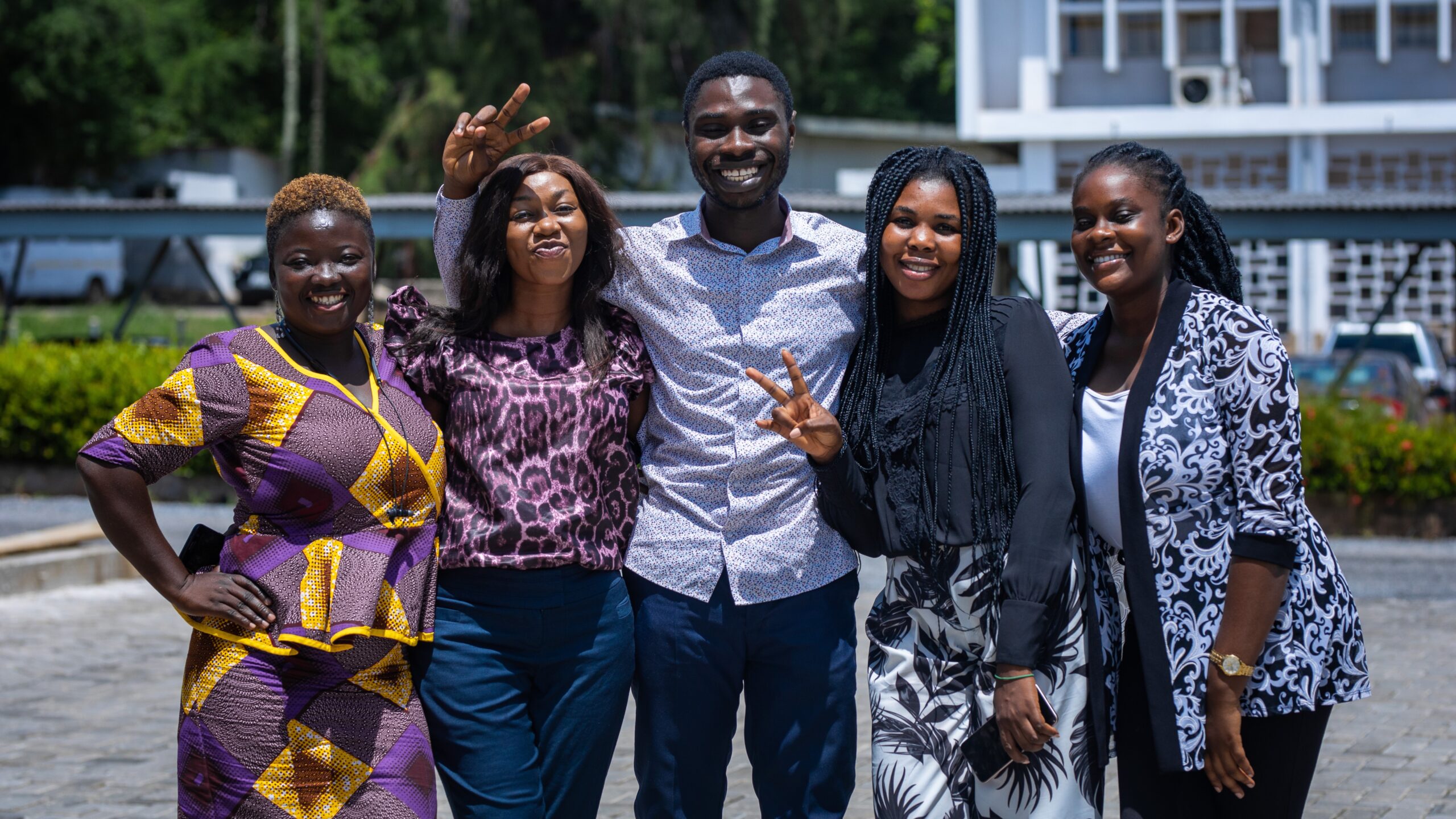Ghana's youth climate movement
Our work
Building and strengthening the youth climate movement in Ghana to advocate and support the public and private sector to increase climate ambition.
Our Mission
Promoting grassroots activism through a democratic effort and building the resilience of young activists to enhance Ghana’s local engagement on climate policies.
Our Vision
Unifying climate activists and youth-led climate groups to create an institutional mechanism for a unified and collaborative movement that delivers a high positive impact.
Subscribe now
Come along with the movement of youth influencing the national climate-related policies for a sustainable tomorrow.
It’s all possible, we can do it together.
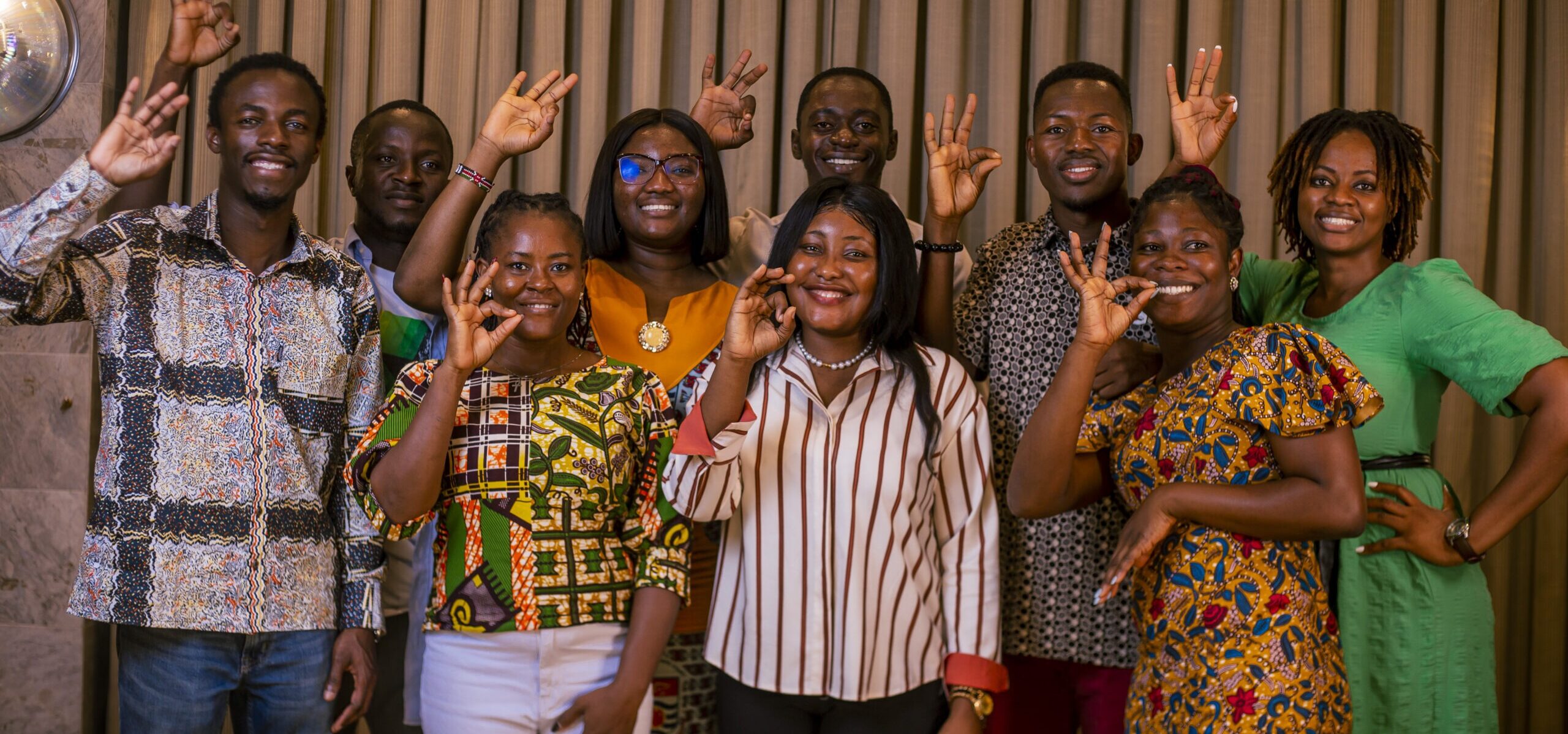
What have we achieved so far?
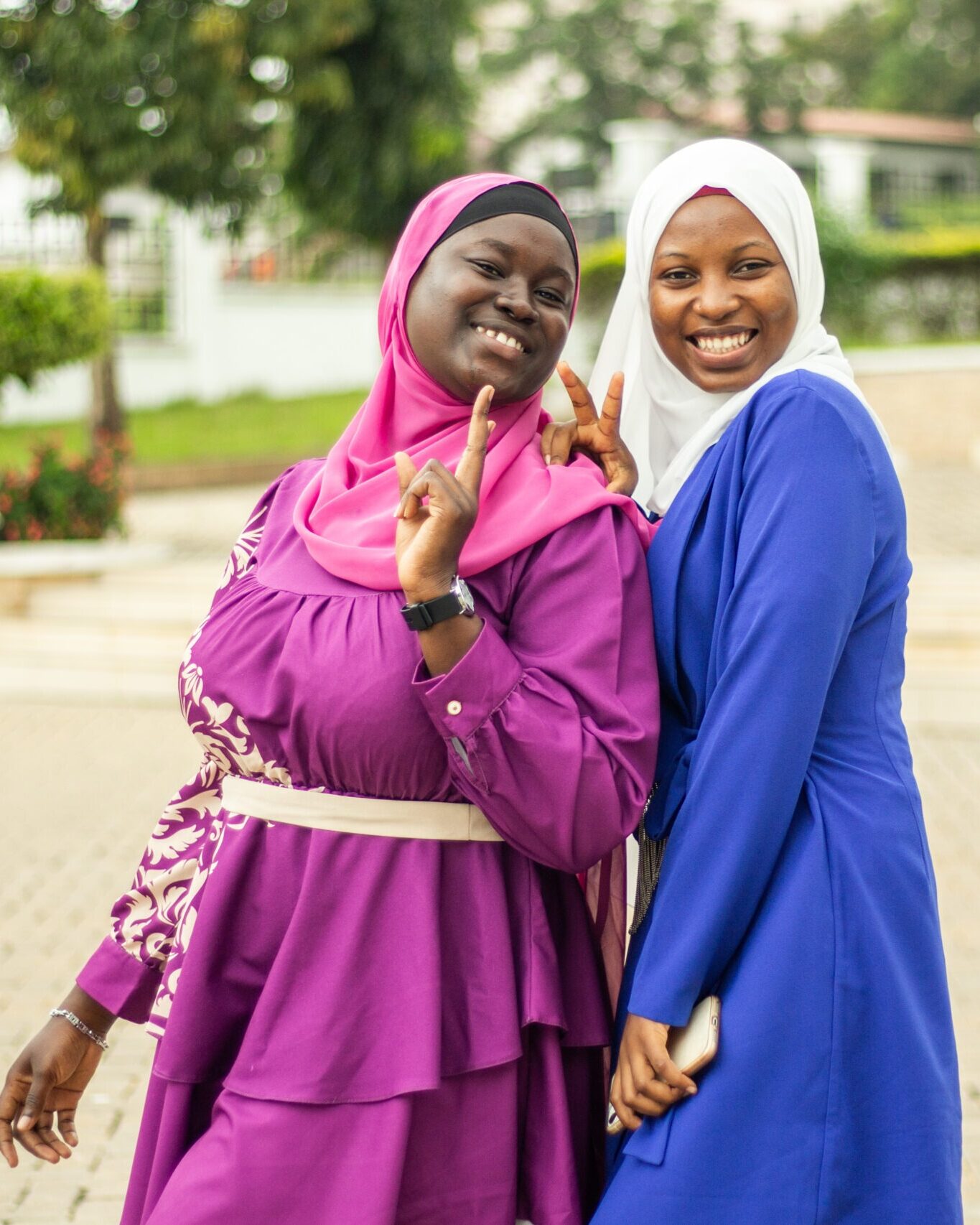
Our fight to save the planet and its people is growing more and more serious. The devastating impacts of climate change, destruction of forests and the deterioration of our rivers continue to loom large, and this is more concerning for youth.
In many ways, we’re in the fight for our future. The inequitable system is the same one that landed us in a climate and extinction crisis. Our members in Ghana and across the globe are fighting for our climate and our communities, and abuse of the earth’s ocean, land, air, and fresh water. Through our youth training, research, movement building, and advocacy, we’ve been campaigning for a green future for the past 2 years, and we’re not stopping now.

We are building capacity to protect our planet
Receive our updates, first!
What we stand for
Our work and footprints
We call on the government and the private sector to make grants available to young people to accelerate youth innovations and initiatives on climate change and ensure the enforcement of sanitation laws whilst promoting the reduction, reuse, and recycling of waste.
We also demand the inclusion of all relevant stakeholders, especially young people, in promoting biodiversity and nature conservation activities, young women, and children in all national climate change dialogues and policies.
